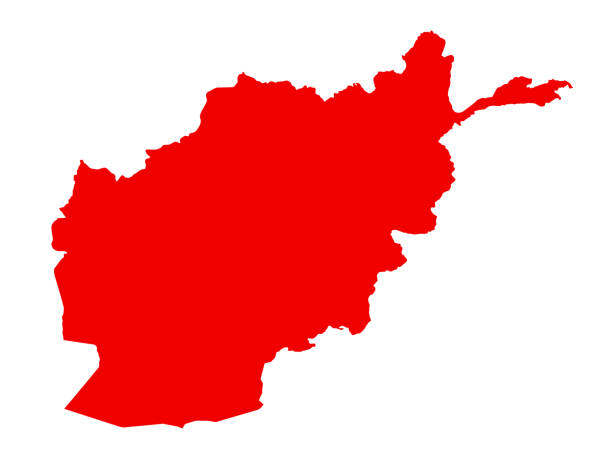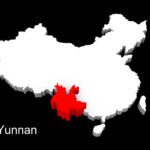Overview
Logar is one of the 34 provinces of Afghanistan, located in the eastern section of the country. It is situated to the north of Kabul, west of Wardak, south of Paktia, and east of Nangarhar. The provincial capital of Logar is Pol-e Alam, which is also the largest city in the province. It is characterized by its mountainous terrain, surrounding the Logar valley, through which the Logar river runs. As of 2020, the estimated population of Logar was around 434,000 people. The economy of Logar is primarily based on agriculture. The main crops grown in Logar are wheat and corn. Livestock farming is also significant, with sheep and cattle being raised for their meat and dairy products. The ongoing conflict in Afghanistan has had an impact on Logar in recent years.
Ethnic and Cultural Diversity
Logar is home to a diverse population, representing various ethnic groups. The major ethnic communities in the province include Pashtuns and Tajiks. Pashtuns are the predominant ethnic group in Logar. The province is also home to a small number of Hazaras. A 2017 report notes that Pashtuns live in every district of the province, whereas Tajiks tend to live in settled communities. Hazaras may be found within the capital or the Khoshi district. The same source reports that the main languages spoken in Logar are Pashto and Dari.
Marriage & Divorce Statistics
Our research did not reveal specific data for marriages in Logar. However, we were able to identify a more general report from the United States government covering human rights practices in Afghanistan. Afghan law sets the minimum legal age of marriage at 16 for girls and 18 for boys. However, due to poverty and customs, child marriage is still a major issue in Afghanistan. While divorce is technically legal in Afghanistan, it is difficult for women to obtain. Men can divorce their wives without a court order, while women face significant social and legal obstacles when seeking a divorce.
Family Life in Logar
Family life among different ethnic groups in Logar, Afghanistan, is deeply rooted in cultural traditions, customs, rituals, and practices. However, it’s important to recognize that family life can vary within and among ethnic groups due to factors like urbanization, education, exposure to modern influences, and regional variations. The conflict that has been ongoing in Afghanistan for many years has had a significant impact on families. Many families have been displaced from their homes, and many have lost loved ones. The conflict has also made it difficult for families to access basic necessities, such as food, water, and healthcare. It is important to consider the impact of conflict on families when discussing family life.
Conclusion
Family life in Logar, Afghanistan, is diverse and deeply influenced by cultural, ethnic, and religious factors. Understanding the unique dynamics of each community is crucial for effective policy interventions and social development initiatives. Promoting education, gender equality, and economic opportunities can contribute to stronger family bonds and improved well-being in Logar. The families in Logar are an important part of the fabric of Logar society, and they play a vital role in the province’s future.





